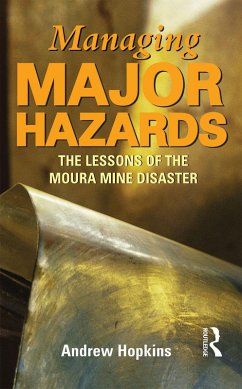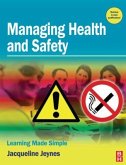Many organisations live with hazards that have the potential to cause disaster. This was the case at Moura underground coal mine in Central Queensland, where 11 men died in an explosion in 1994.
Andrew Hopkins shows that the explosion was the result of organisational failure, and uses it to draw lessons about managing major hazards. He argues that there are always tell-tale signs of impending disaster, and that organisations need to find ways of gathering this information and reacting to it appropriately. The Moura story also demonstrates the need to move responsibility for risk management up the corporate hierarchy to ensure that it is not overshadowed by production pressures. Otherwise disasters will repeat themselves in horrifyingly similar ways.
Managing Major Hazards is a gripping story and essential reading for occupational health and safety professionals, executives working in hazardous industries, policy makers, and readers interested in risk management and disaster studies.
Andrew Hopkins shows that the explosion was the result of organisational failure, and uses it to draw lessons about managing major hazards. He argues that there are always tell-tale signs of impending disaster, and that organisations need to find ways of gathering this information and reacting to it appropriately. The Moura story also demonstrates the need to move responsibility for risk management up the corporate hierarchy to ensure that it is not overshadowed by production pressures. Otherwise disasters will repeat themselves in horrifyingly similar ways.
Managing Major Hazards is a gripping story and essential reading for occupational health and safety professionals, executives working in hazardous industries, policy makers, and readers interested in risk management and disaster studies.








